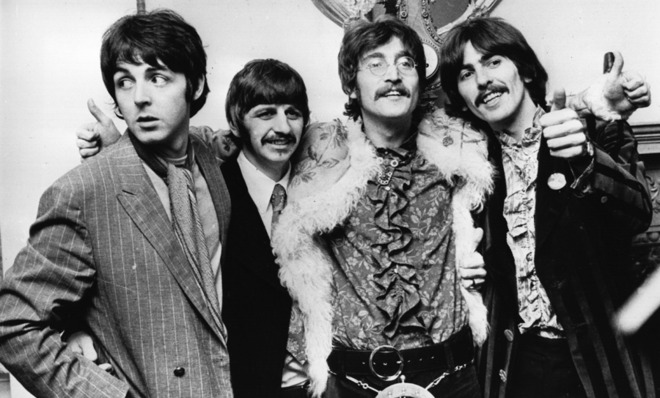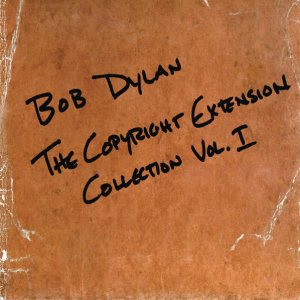The Beatles and iTunes just showed us how broken the copyright system is
The group's record label just released The Beatles Bootleg Recordings 1963 to the public. But it was hardly done in the holiday spirit.

A free daily email with the biggest news stories of the day – and the best features from TheWeek.com
You are now subscribed
Your newsletter sign-up was successful
This week, fans of The Beatles received an early Christmas present when the group's label, Apple Corps, surprise-released on iTunes a rare, two-hour collection of obscure demos, studio outtakes, and live BBC performances from the band's early mop-top days.
Indeed, The Beatles Bootleg Recordings 1963 has a lot of material for the Fab Four's fans to comb through: 59 raw, unpolished tracks — including three different versions of "From Me to You" — available for the non-bootleg price of $39.99.
But there was much about the release that struck many as odd. Why would a group with a historical imprint like The Beatles go the Beyoncé route and suddenly drop a surprise album out of nowhere? And why is the album an incoherent arrangement of unpolished bootlegs that — quite noticeably — haven't been re-mastered?
The Week
Escape your echo chamber. Get the facts behind the news, plus analysis from multiple perspectives.

Sign up for The Week's Free Newsletters
From our morning news briefing to a weekly Good News Newsletter, get the best of The Week delivered directly to your inbox.
From our morning news briefing to a weekly Good News Newsletter, get the best of The Week delivered directly to your inbox.
It turns out that the real purpose of the album could be to extend the label's expiring copyright.
As several reports have pointed out, the material's 50-year copyright was up on Jan. 1, 2014. But thanks to an obscure 1993 revision to the European Union's existing copyright laws, releasing the songs to the public — however briefly — grants the label another 20 years of exclusive ownership.
In other words, the songs never enter the public domain, and independent labels can't cobble Beatles recordings together to sell or distribute. (At least not legally.)
Although Apple Corps declined to comment to CNN on its motivations for the surprise Christmas gift, there is some recent historical precedent: Back in January, Sony Records similarly "issued" 100 physical copies of a little-heard Bob Dylan compilation recorded in 1962. Sony's not-so-subtle title?
A free daily email with the biggest news stories of the day – and the best features from TheWeek.com

(via Wikipedia)
Consequence of Sound reports that in some countries, The Beatles' bootleg collection was pulled from iTunes after just a few hours of availability, swaddled anew in another two decades' worth of restrictions and left once again to gather cobwebs.
-
 How the FCC’s ‘equal time’ rule works
How the FCC’s ‘equal time’ rule worksIn the Spotlight The law is at the heart of the Colbert-CBS conflict
-
 What is the endgame in the DHS shutdown?
What is the endgame in the DHS shutdown?Today’s Big Question Democrats want to rein in ICE’s immigration crackdown
-
 ‘Poor time management isn’t just an inconvenience’
‘Poor time management isn’t just an inconvenience’Instant Opinion Opinion, comment and editorials of the day